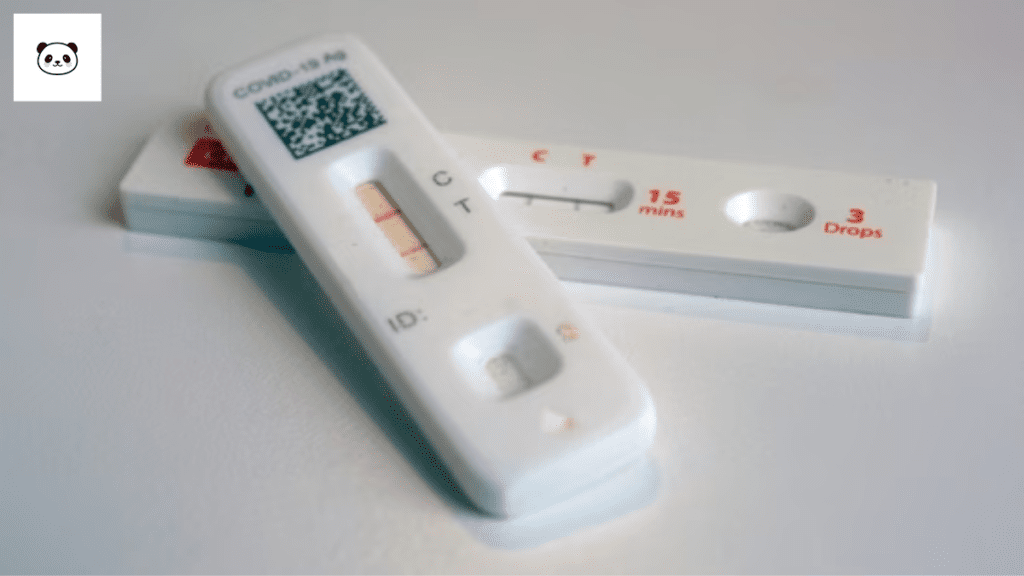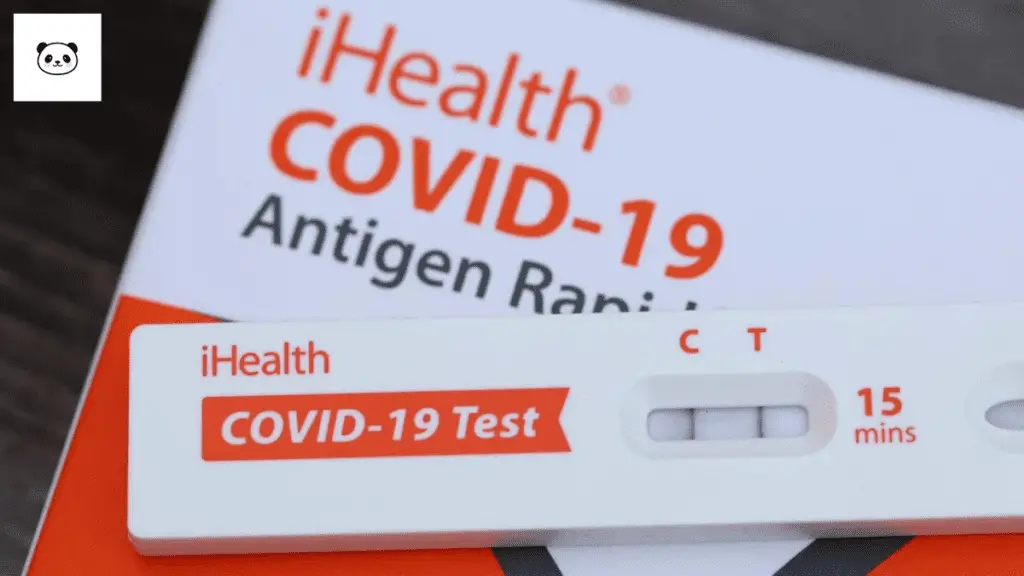Introduction: Free Covid Tests in US
With the ongoing challenges posed by the COVID-19 pandemic, the U.S. government has taken a significant step to provide households with four additional free COVID-19 tests. This move, centered on free COVID tests in US, aims to support public health during the upcoming holiday season, where the risk of respiratory illnesses traditionally increases.
The Announcement
The Department of Health and Human Services recently announced the distribution of four additional free COVID-19 tests per U.S. household, starting the week of Nov. 27. This initiative comes as a part of the government’s continuous efforts to manage the pandemic and protect citizens.
Ordering Process
Similar to the previous rounds, individuals can conveniently place orders for these tests online at Covid.gov. Notably, those who missed the last offer in September still have the opportunity to order the four rapid antigen tests from that round, adding up to a total of eight tests per household. Importantly, the ordering process for these free COVID tests in US requires only basic information like name and home address, with no need for health insurance details.


Expiration Date Clarification
While tests may arrive with expiration dates that seem to have passed, it’s crucial to note that the Food and Drug Administration (FDA) has extended the dates for most approved tests. Users can verify the true expiration dates of their COVID-19 tests on the FDA’s regularly updated list, ensuring the reliability of the tests.
Current COVID-19 Landscape
Amidst this initiative, the Centers for Disease Control and Prevention (CDC) reported a 9% increase in COVID-19 hospitalizations and deaths for the week ending Nov. 11. However, the overall positivity rate remained stable at just over 8% for PCR tests. It’s noteworthy that COVID-19 hospitalizations and deaths are comparatively low for this time of year when considering data from previous years. The availability of free COVID tests in US contributes to the ongoing efforts to manage the impact of the pandemic.
Seasonal Challenges
The CDC has already detected seasonal increases in the spread of flu and respiratory syncytial virus (RSV). Public health experts emphasize the importance of testing, particularly with the overlapping symptoms of these respiratory illnesses and COVID-19.
Testing Decisions and Individual Vulnerability
Dr. Amesh Adalja, a renowned infectious disease specialist, advises making testing decisions based on individual vulnerability to COVID-19. With the evolving understanding of COVID-19 as an endemic illness, there’s no longer a one-size-fits-all recommendation. People are encouraged to consider their risk tolerance and recognize COVID-19 as they would other respiratory viruses.
What to Do If You Test Positive
The article provides guidance on what individuals should do if they test positive for COVID-19. It explains the at-home testing process and recommends retesting if symptoms persist. Additionally, it outlines CDC guidelines for isolation, emphasizing the importance of considering the severity of symptoms and seeking a more formal test, such as a PCR test, for high-risk individuals.
Conclusion
In conclusion, the government’s initiative to provide four additional free COVID-19 tests in U.S. households is a proactive step in managing the ongoing pandemic. This article highlights the key aspects of the initiative, addressing the ordering process, expiration date concerns, the current COVID-19 landscape, seasonal challenges, and individualized testing decisions.
FAQs:
- How can I order the free COVID-19 tests?
- You can place orders online at Covid.gov with basic information like your name and home address.
- Can I still order tests if I missed the last offer in September?
- Yes, individuals who missed the last offer can still order four rapid antigen tests, totaling eight tests per household.
- What should I do if my COVID-19 test arrives with an expired date?
- Tests may arrive with expiration dates that seem to have passed, but the FDA has extended the dates for most approved tests. Check the FDA’s updated list for accurate expiration dates.
- How often should I test for COVID-19?
- Testing frequency depends on individual vulnerability and symptoms. If someone feels sick but tests negative, waiting a couple of days and retesting is advised.
- What is the recommended isolation period if I test positive for COVID-19?
- CDC guidelines suggest most people should isolate for five days, with isolation potentially ending after day five if symptoms improve and there is 24 hours without fever. However, individual cases may vary.
For More Information Click on the top business news today









